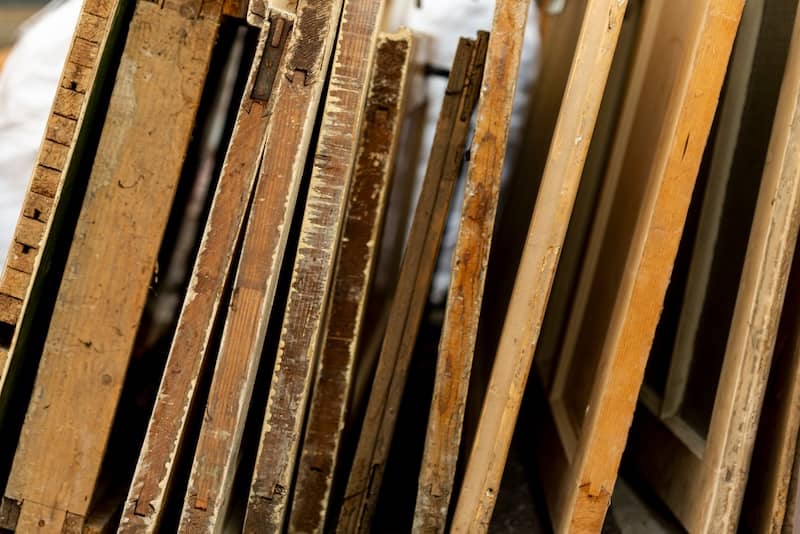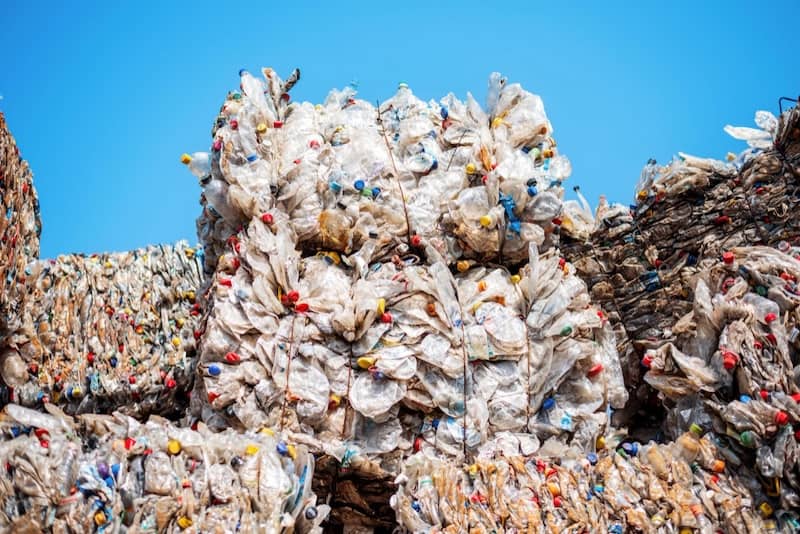There is a lot to be said for making your car’s tires last as long as possible. Replacing all four tires on your vehicle could cost anywhere from a few hundred dollars to over a thousand dollars, depending on the type of vehicle you drive, so you want to replace them as infrequently as possible.
Tires also take their toll on the environment. If they aren’t recycled, old tires waste space in landfills, leak heavy metals and toxins into the ground and water, start fires that are hard to put out, and provide a breeding ground for disease-carrying mosquitoes.
Getting the most use possible out of your tires will protect your wallet and the environment. Use the following tips to get started.
1. Check Your Tire Pressure
Properly inflated tires improve your gas mileage and are less likely to be damaged by potholes. If you let your tires get too low, you could damage your wheels. If you inflate your tires too much, the car’s handling will be worse and your tires are at risk for bursting.
When figuring out what your tire pressure should be, do not use the number listed on the sidewall—that is just the maximum amount of air your tire can hold. Instead, use the number listed in the vehicle owner’s manual or on a sticker inside the driver’s door.
2. Rotate Your Tires Regularly
Have your tires rotated and balanced every other time you take your car in for an oil change. This ensures that all four tires are wearing evenly, which increases their lifespan. Since your rear tires can wear out faster, this evens things out. Balancing your tires reduces the vibration and therefore the wear and tear as you drive. Having your tires balanced and rotated also gives technicians a chance to look for weaknesses and fix any minor problems in your tires before the damage is irreparable.
When you have your tires rotated, you should also have your wheel alignment checked. Little things like driving over a dip in a parking lot too quickly can mess up your vehicles alignment. If the alignment is off, your vehicle will handle poorly and your tires will wear out unevenly.
3. Drive Aware
While you can’t prevent everything that happens on the road, being aware while you drive can prevent damage to your vehicle. If you are driving on a dirt road or one that is under heavy construction, slow down. As you drive, keep an eye out for potholes, speed bumps, and debris on the road.
Potholes are more common after heavy rainstorms or other bad weather, so be on the lookout for them in these particular conditions. If you see a pothole ahead of you but can’t safely steer your car to miss it, do what you can to slow down and minimize the damage. It is still safer to go through a pothole than hit the car next to you on the highway.
Use these tips to get the most out of your current set of tires, and be sure to recycle them when they do need to be replaced.




